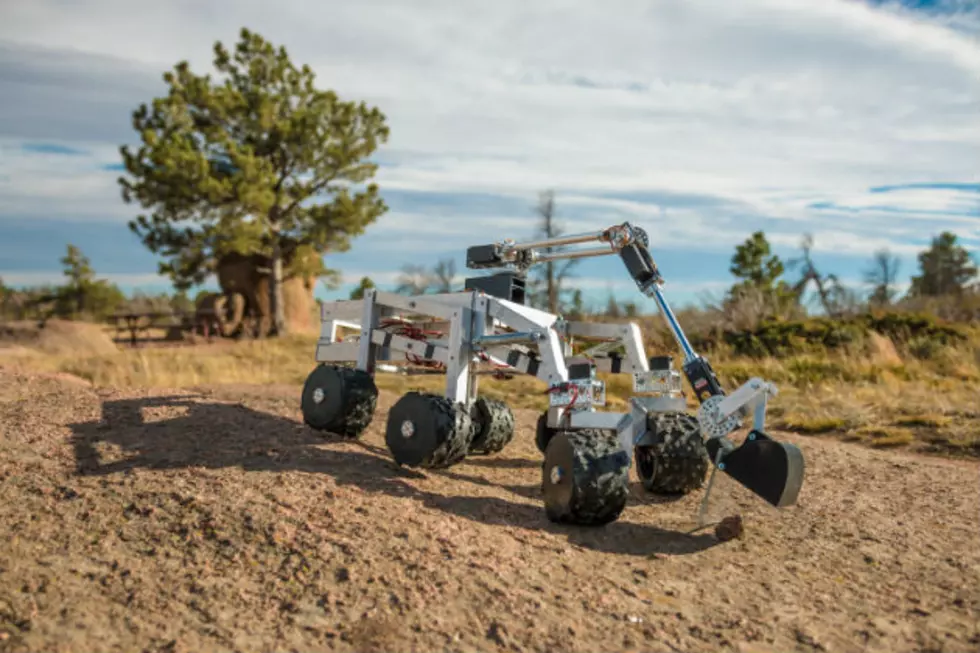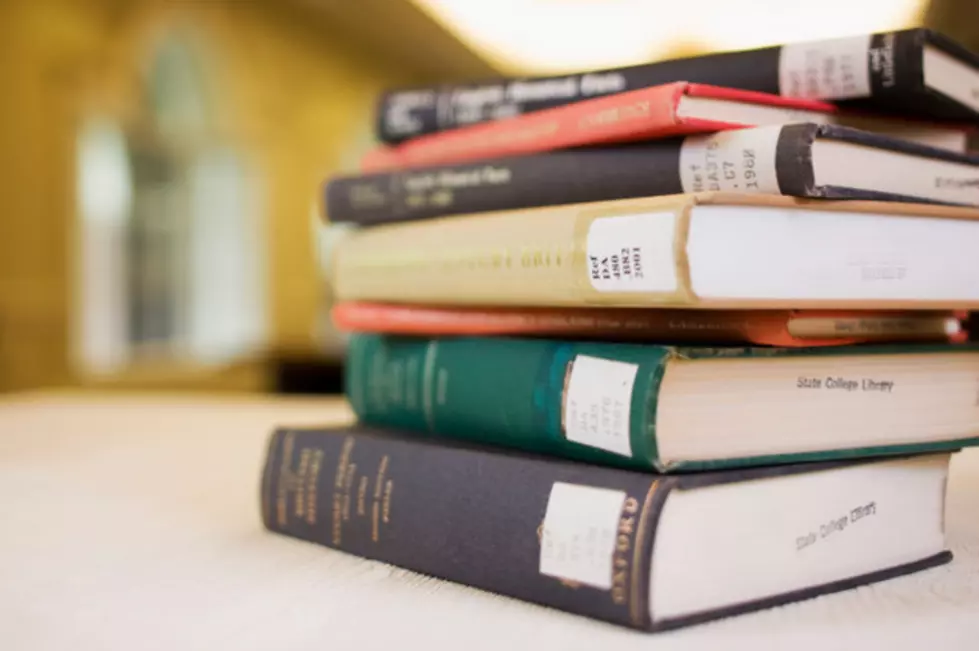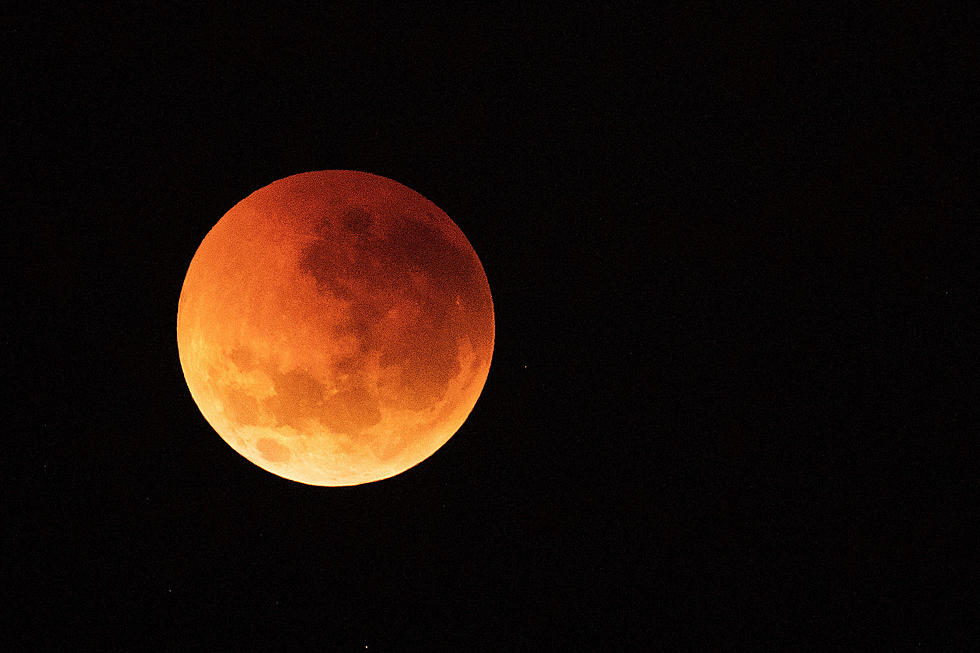
UW Students Selected for Rover Competition
A team of hard-working engineering students from the University of Wyoming has been selected to participate in a national competition based on rover design and demonstration.
Never before has a team from UW been invited to participate in the RASC-AL Exploration Robo-Ops Competition, which will be hosted by the National Institute of Aerospace and NASA at the Johnson Space Center in Houston. The event will run May 24-26, 2016.
The competition has never seen an entry like the UW rover. It has seven wheels– the first time a submission has had an odd number of wheels in event history– and mimics the movement mechanics of a saltwater shrimp.
The UW team is made up of over a dozen engineering students. Richard Yang, Gowthaman Prabhu, Robert Ressler, Ross Petrutiu, Kent Scarince, Brian Moore, Matthew Love, Sean O’Leary, Cale McCormick, Nasser Alawami, Mohammed Busaleh, James Lamb, Arron Harms, and Reda Al Momen will all take part in the competition.
UW faculty members David Whitman, Ruben Gamboa, and Kevin Kilty are also involved in the project. Team organizers spoke to the contributions of the team that began work on the project in 2014, including mechanical engineering students Thomas Bilodeau, Joshua Bailey, Carter Schultz, and Kyle Cox.
“The seniors involved in this project last year did quite a good job on chassis selection and proposal generation,” said Kilty. “They deserve some credit for this as well.”
The competition features a scavenger hunt across an obstacle course in which each team’s tele-operated rover must complete a variety of tasks. Some of the challenges include collecting rock samples, navigating sand or gravel pits, and negotiating slopes. There will also be an option to perform an unplanned task that will not be revealed until the competition is underway.
The UW team will compete against contingents from the University of Oklahoma, the University of California-Berkley, California State University-Long Beach, the University of Utah, the University of Buffalo, the University of Maryland, and the University of West Virginia. A $10,000 award to each team makes full participation possible by funding development of the team’s rover, testing equipment, and other necessary materials.
More From Y95 Country









